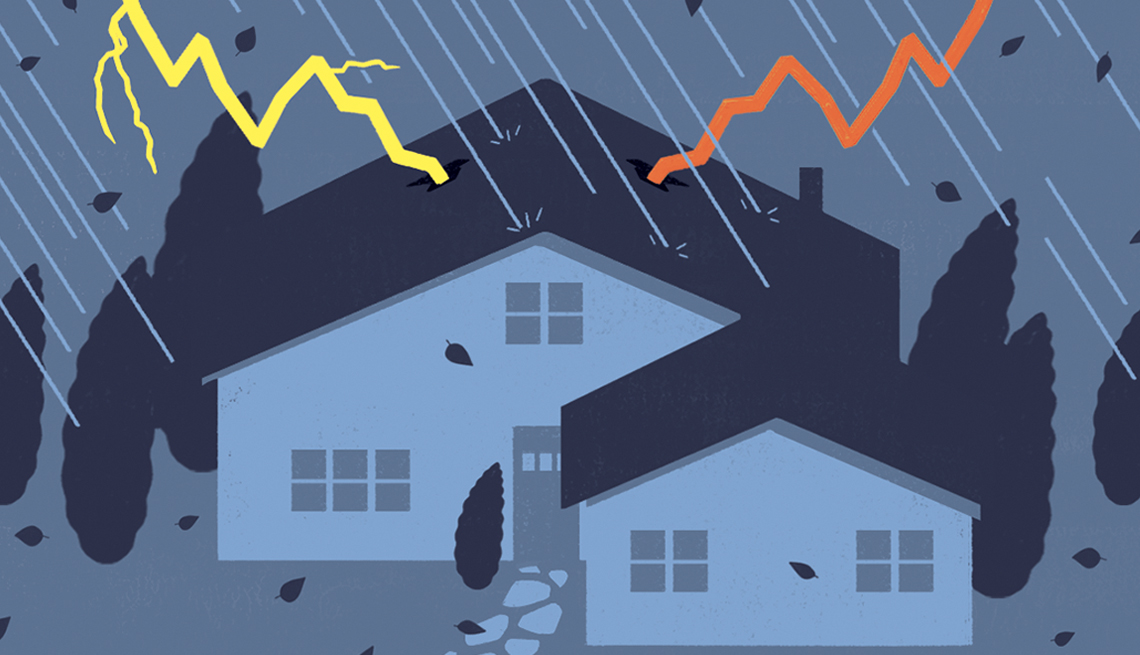
When to file an insurance claim
- Select a language for the TTS:
- UK English Female
- UK English Male
- US English Female
- US English Male
- Australian Female
- Australian Male
- Language selected: (auto detect) - EN
Play all audios:
In contrast, weather-related claims rarely result in premium hikes, and many states prohibit insurers from raising rates for that reason. (Insurers can, however, raise rates on all of their
customers in an area experiencing new and more destructive weather.) You’re more susceptible to rate hikes if you have a history of filing claims, or if previous owners filed multiple
similar claims on your home. Insurers can see the claims record on both your auto and homeowners insurance via what are known as CLUE reports. (That stands for Comprehensive Loss
Underwriting Exchange.) You can order your CLUE report for free. 2. DETERMINE WHAT’S AFFORDABLE When home or auto damages are only slightly more than their policy’s deductible, most people
choose not to file a claim. The total cost they are willing to pay before calling in the insurance company is known, in industry parlance, as a “pseudo-deductible.” It includes their actual
deductible and the extra amount they are willing to eat. How high should you go? Derek Tharp, an assistant finance professor at the University of Southern Maine, who has studied
pseudo-deductibles, suggests that whatever the actual deductible may be, an ideal pseudo-deductible for homeowners ranges from $500 to $1,500. You may want to go higher if you can afford
to. 3. NOTIFY YOUR INSURER Even if there’s no damage or injury, tell your car insurer about an accident. “I always report any auto accident unless I back into my own home,” Wilson says.
Here’s why: You might tap somebody’s bumper and not see any damage to either car. Later on, though, the other driver might report an injury or a bigger car problem. In such a situation,
alerting your insurer promptly may protect you from a scam or from the denial of a claim because it wasn’t filed properly. In many states, insurers can’t raise premiums based on reports of
an accident without a claim, unless you were cited for a traffic violation; even in other states, insurers are unlikely to raise your rates just because you alerted them.